
Free, Effective Writing Resources for Event Organisers
Whether it’s an invitation, an email asking for more funding, or a recap article, events need content that people will actually read.
That said, the process of writing often has to take a back seat while the ever-pressing, million-part to-do list of the organiser gets attended to.
My background has almost always been in writing. I’ve always been a big believer in the notion that writing is a craft anyone can get into, but good writing is a skill that needs constant work. The issue is, pouring over grammar books or taking courses is a daunting, needless commitment for anyone whose full-time job only requires a little bit of putting fingers to keyboard.
However, that shouldn’t rule those people out from being able to produce quality writing, even in short bursts of their spare time. Over the years, I’ve had the privilege of eking out different methods to make the writing process more efficient. Here, I’ll share the biggest time-saver available to those of us who don’t need to know what “Realis mood” means just to write a blog post: free tools.
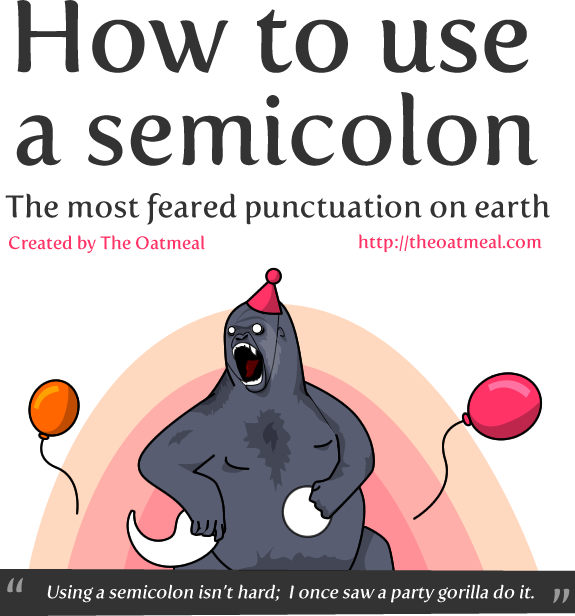
Image source: The Oatmeal
Some quick rules of thumb when using these tools, though:
- Only use what you need. This list is moot if you use absolutely everything because it would take way too much time.
- Make a bookmarks folder called “For Editing” or something similar to keep track of the tools you end up enjoying so you don’t forget the name of the tool and have it lost to the obis forever.
- Establish a running order. Prioritise what process should come where in your edits.
- Use your judgement. These tools won’t be 100% right all of the time, so if something seems off, trust your human eyes first and their robot brains second.
To Help You Start
There’s an old Irish saying that goes, “A good start is half the work.”
Though biased, this has never rang more true than when I’ve tried to start a piece of writing. Most creative pieces come from spontaneous inspiration. There’s a great section in Zen and the Art of Motorcycle Maintenance that shows how this happens:
“Her eyes, behind the thick-lensed glasses, opened wide. She came in the next class with a puzzled look and handed him a five- thousand-word essay on the front of the Opera House on the main street of Bozeman, Montana.
‘I sat in the hamburger stand across the street,’ she said, ‘and started writing about the first brick, and the second brick, and then by the third brick it all started to come and I couldn’t stop. They thought I was crazy, and they kept kidding me, but here it all is. I don’t understand it.’”
That said, when you’re trying to find a hook for something more specific or commercial, like a way to thank sponsors post-event, or to explain that your event is the best one on offer to Ruby developers, there are some more realistic ways to go about figuring it out:
For Writing Headlines
Coming up with a catch tag line, subject line, or article title is challenging because it needs to get straight to the point of what you’ve written in 70 characters or less.
Even if you don’t have that problem, coming up with what angle to take on your topic of choice is made a whole lot easier when you can plug the main themes into a generator that shows you some of the most effective ways you can structure your title and, hence, your piece:
- HubSpot Headline Generator – https://www.hubspot.com/blog-topic-generator
- Title Generator – http://www.title-generator.com/
- Portent – https://www.portent.com/tools/title-maker
Useful for:
- Event organisers writing blog posts
- Event organisers writing press releases
- Event organisers writing promotional emails
Note: there may be some click-baity results in them there hills, so use your own judgment to see what tone and structure works for your event’s aims.
Once you’ve gotten a topic and title, a lot of the content will flow from your research and experiences. But you’re not done yet.
To Make Things a Bit More Stylish
Even if the cat’s got your tongue, you’ve got to read between the lines to see that all that glitters isn’t gold when it comes to your writing.
Get the picture? Clichés make your writing appear dated and unoriginal, but thankfully, there’s a tool out there that effectively provides a full body scan for content clichés:
- Count Wordsworth – http://countwordsworth.com/cliches
Count Wordsworth is so effective and appealing to me because you can use it to get one result (specifically, the number of clichés in your text) or 32 granular areas where it checks everything from your word count to how many printed pages your document adds up to.
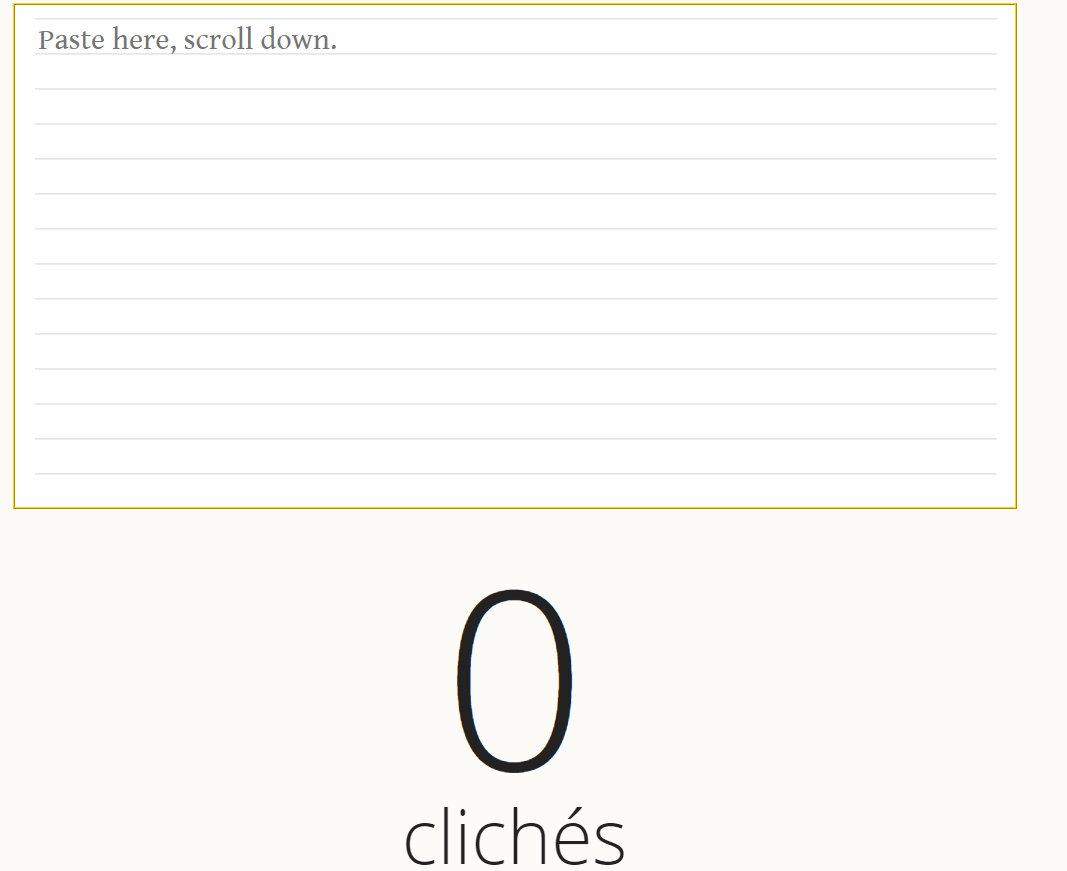
Useful for:
- Event organisers using social media (character counts are included in the results)
- Event organisers who will be printing their writing for promotional assets
To Deal With the Technical Aspects of Writing
- Expresso – http://www.expresso-app.org/
Expresso’s USP in this market could be a single button. It lets you clear formatting from the text you’re checking before you submit it to analysis. If, like me, you work from a WYSIWYG editor, the formatting will often torment tools like this and make it hard to get accurate results.
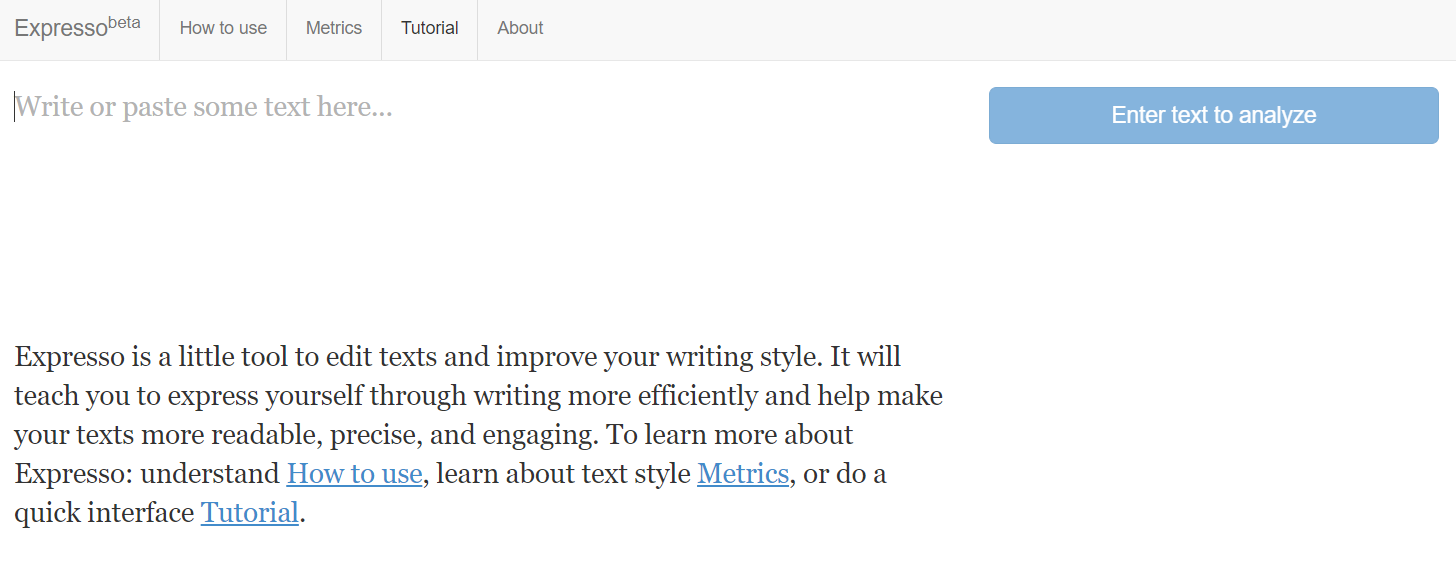
Expresso is handy if you’re hoping to get a little bit more technical about your writing (e.g. you want to sound better by getting rid of filler words or you want to stop yourself from repeating words too many times.
Useful for:
- Event organisers writing proposals
- Event organisers writing blog posts
- Online Correction – https://www.onlinecorrection.com/
Grammarly is probably the most cited resource online for checking grammatical and syntactical errors in text, but not everyone wants to add a Chrome extension for this purpose.
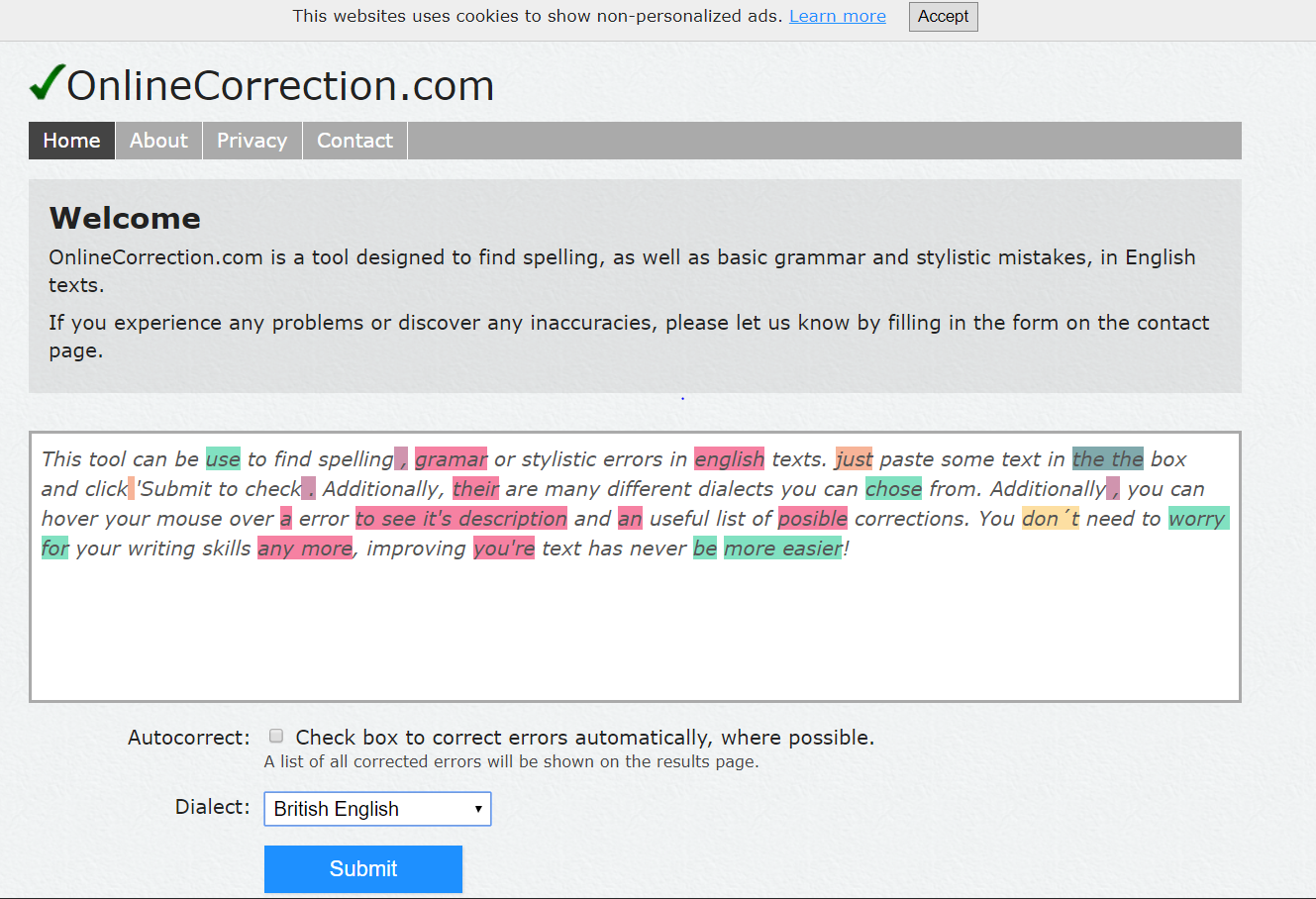
Online Correction uses multi-coloured highlights to show spelling, grammatical and typographical errors and so makes it easy to change these quickly and allows you to focus on the most basic rules of language to avoid silly mistakes.
Useful for:
- Event organisers who ever write anything.
To Help People Find Your Writing
There’s a difference between writing for the web and writing for offline platforms, and it’s not just printer ink.
Imagine a library. There’s a reference section, the Dewey Decimal System, and someone there to help you. Now imagine every library that’s ever existed is in the one building, and there’s only one real source of where everything is, and it has to decide what order to recommend the books in, based on what that person is looking for. In a round-about way, you’ve just imagined Google.
I recently wrote a post about basic SEO for event pages (i.e. the page on your site or another site where you sell tickets) which you can see here, but for the bigger picture (i.e. when you want to rank for more than just your sales page) you can also use the following tools:
- Answer the Public – https://answerthepublic.com/
In all my days, I’ve yet to find something as straightforward yet effective as Answer the Public. In a neat chart/table combo, the system gives you a free list of all of the most searched terms related to the keyword you enter.

I use this to choose longer-tail keywords or topics to connect to pillar content on our site and I find it absolutely irreplaceable.
- Soolve – https://soovle.com/
Soolve is a very similar solution, but much faster, more plainly formatted, and with fewer permutations. However, the tip that Soolve has on Answer the Public is that you can choose from a variety of search engines beyond Google to see the different results that come through including YouTube and Amazon.

Useful for:
- Event organisers who want more traffic to their content
To Source Some Hard Data
People don’t like reading conjecture. 70% of people are worried about fake news, and trust in almost any platform that delivers insight to an audience has decreased in recent years.
With that, as writer, there comes a responsibility that means you can’t just make stuff up. However, sourcing statistics and factual analysis can be difficult if you have to go much deeper than a casual Google.
So, to save you some time, here are 4 diverse sources of event-related information that you can use to bulk and un-bias your writing:
- EventMB
- Capterra
- Marketing Charts
- Statista (Note: some charts and research on Statista are premium, but many are available for free)
Useful for:
- Event organisers writing blog posts
- Event organisers writing sponsorship and other proposals
To Add Some Visuals
- Morgue File – https://morguefile.com/quest/1
Before I begin, I acknowledge that most people already have their favourite stock image site, but I thought shedding a light on one of the less talked about resources would be worthwhile.
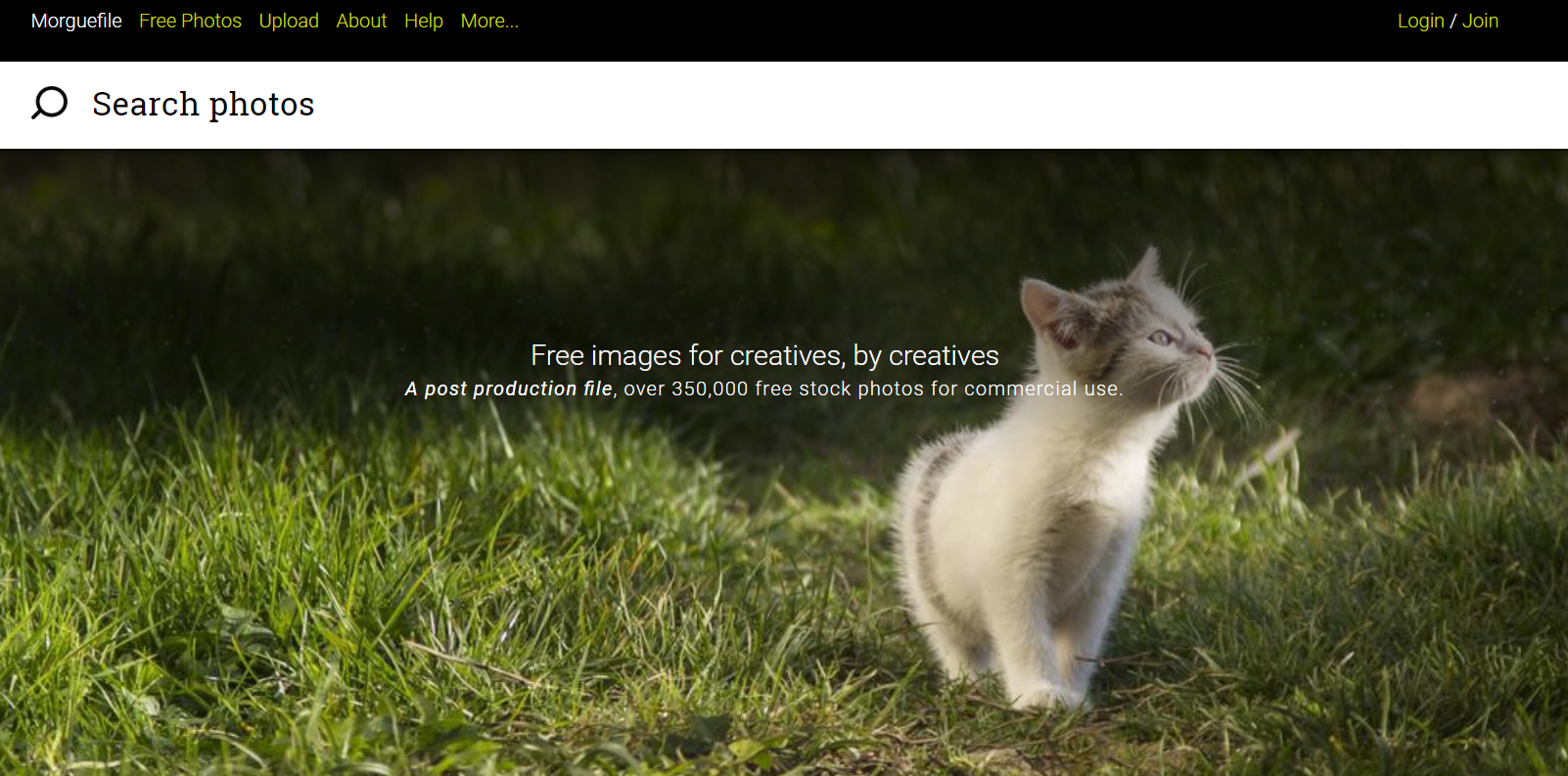
Morgue File slips nicely into the intersection of “free pictures” and “pleasantly artistic” that a simple Shutterstock search (while comically weird, probably) can’t match.
- EZ Gif – https://ezgif.com/maker
The era of memes has also ushered in the era of event organisers being required to make dynamic imagery for their promotional assets. As well as being a less catchy era, it can also prove a headache to create visuals like this when you’re (frankly) not a designer.
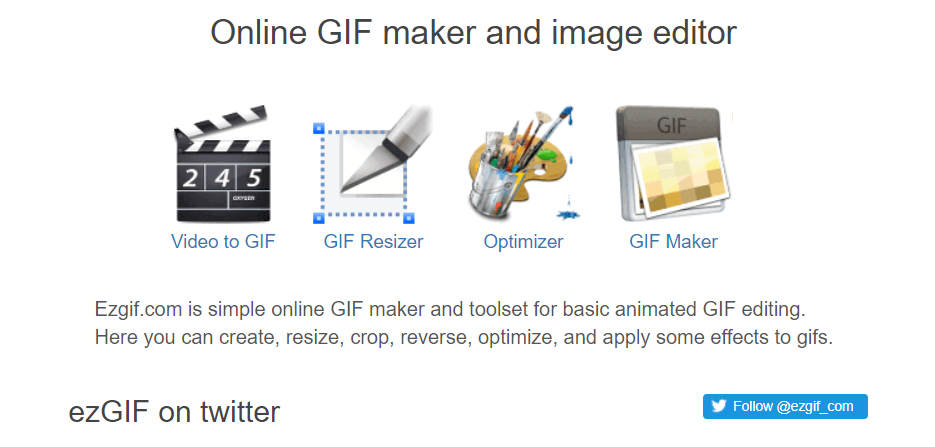
I use EZ Gif when I want to do a screencapture and embed it in our blog content. The beauty of EZ Gif is you can choose the frame rate and edit on the website simply by uploading a video version of what you want in gif form. This saves hours on learning and implementing the skills required to make a gif from scratch, while still giving the Event organiser the sublime satisfaction of being able to make a picture move.
Useful for:
- Event organisers writing blog posts
- Event organisers writing emails
- Event organisers working with social media
To Take the Edge Off
Writing can also be fun, you might be (un)surprised to hear.
I’ll let these last items speak for themselves, and – wishing you every success with your writing, let you get back to your work:
- Go Fucking Work: https://www.gofuckingwork.com/
- Written? Kitten!: http://writtenkitten.co/
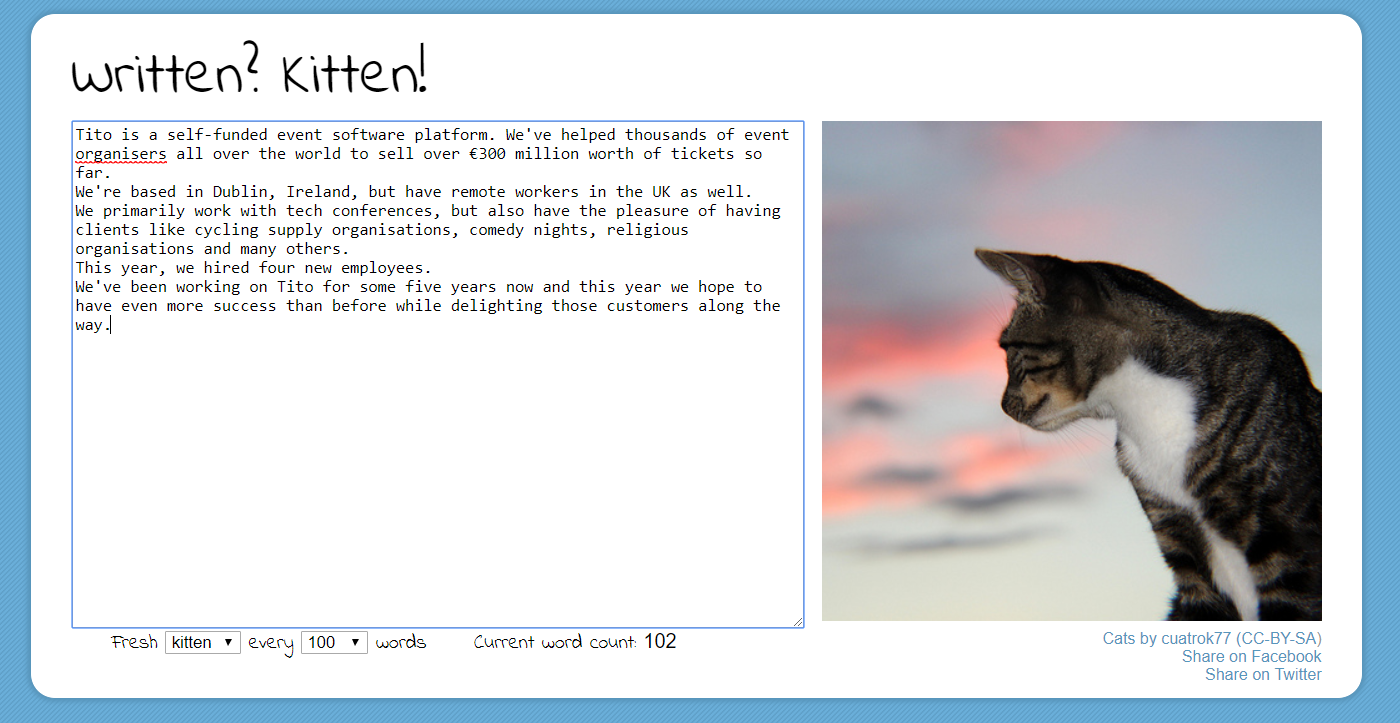
- I Write Like: https://iwl.me/
Useful for:
- Event organisers who are a little stressed out. (Read: any event organiser.)